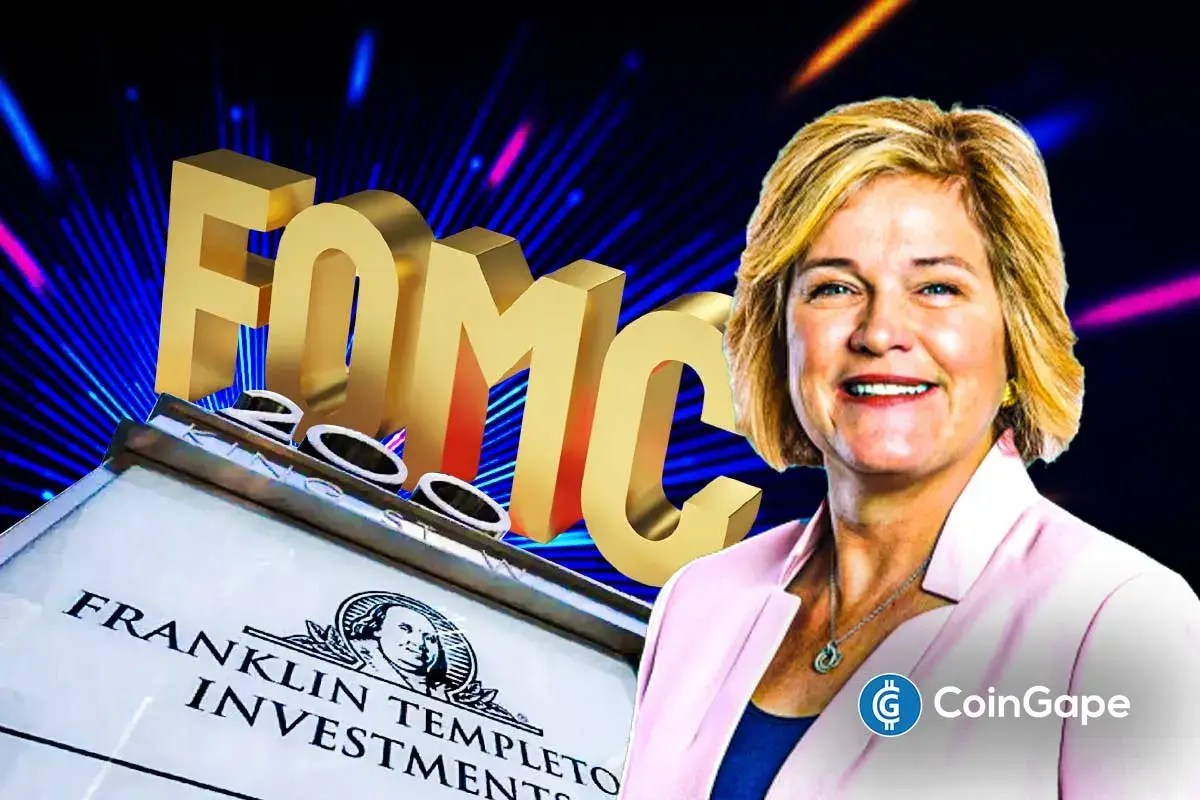Swiss inflation stayed unexpectedly low in September, creating fresh challenges for the Swiss National Bank (SNB). At the same time, the country’s economy has been hit hard by Trump’s higher tariffs on Swiss products.
According to data released by Switzerland’s statistics office on Thursday, October 2, consumer prices rose 0.2% year-on-year, matching August’s increase.
A subsequent survey revealed that out of 15 economists polled, only three had anticipated this stable trend.
Switzerland’s inflation level remains a serious concern in the country
Switzerland’s inflation level has raised tensions among its citizens, and some anticipate that this outcome might prompt officials at the Swiss National Bank to consider further interest rate cuts. Notably, the officials have already reduced their interest rate to zero.
This update was effected after the officials decided not to reduce it into negative territory again to safeguard the financial system last week. Despite these efforts, some economists still hold on to the belief that this could happen at their upcoming December meeting.
Meanwhile, the current inflation figures are adding more pressure on the central bank, which is preparing itself for the full impact of the US tariffs on Switzerland. This follows US President Donald Trump’s additional tariff policies on branded medicines in September after imposing a 39% tax on most Swiss products.
Jean Dalbard, European economist at Bloomberg Economics, commented on the topic of discussion. Dalbard said they expect inflation to increase slightly, remaining close to 0.5%, in the coming months. According to him, inflation should be maintained at the lower end of the Swiss National Bank’s target, with a range of 0 to 2% although price changes have been observed to remain minor.
The economist further pointed out the strong franc’s impact on local prices and the effects of Trump’s unexpected, higher-than-expected tariffs, which pose serious risks for the SNB. “We believe that if the currency remains strong, the central bank will cut rates in December,” he said.
For now, SNB remains optimistic about the situation. Martin Schlegel, a Swiss economist and chairman of the governing board of the Swiss National Bank, cautioned that despite Switzerland’s stable future and moderate growth, there is a somewhat higher risk because of pharmaceutical tariffs.
On the other hand, experts have highlighted that the harmful effects are increasing, pointing out that the country’s economy decreased by 0.2% in the third quarter. According to them, the decrease was observed after exports to the US drastically decreased in the first month when wide-ranging tariffs were imposed, excluding the effects of big sports events.
Switzerland’s policymakers limited in reaction to inflation levels concerns
Policymakers have highlighted that their main challenge is the limited ability to respond to such a serious situation. They further clarified that they have difficulty reintroducing negative interest rates compared to regular cuts.
One option is to increase reliance on currency operations to depreciate the franc, which would help offset the costs of importing goods.
In the meantime, this week’s data revealed that inflows to Switzerland after Trump’s “Liberation Day” tariff announcements caused the Swiss National Bank to make its first major foreign exchange purchases in over three years.
The underlying inflation pressures are slightly stronger than the overall number suggests. A measure that excludes unstable factors, such as energy prices, remained at 0.7%.
Elsewhere in the euro area surrounding Switzerland, consumer-price growth is still faster, reaching 2.2% last month. According to the European Union’s standard measure, Switzerland has a zero inflation rate.
Claim your free seat in an exclusive crypto trading community – limited to 1,000 members.
Source: https://www.cryptopolitan.com/snb-faces-pressure-as-swiss-inflation-stalls/


